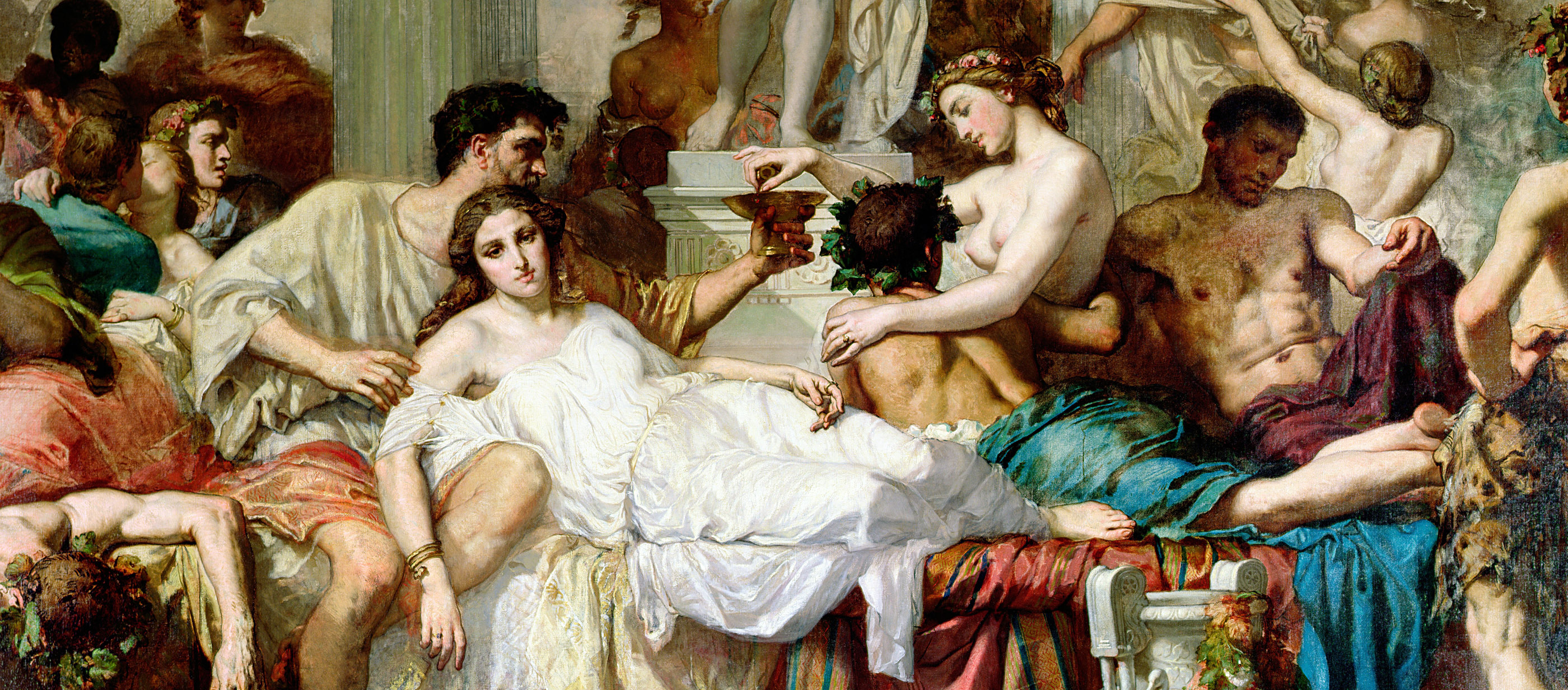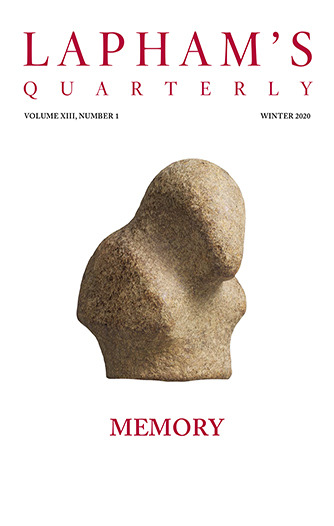Drunkenness is the very sepulcher / Of man’s wit and his discretion.
—Geoffrey Chaucer, 1390In Good Company
Samuel Johnson holds court on wine and its usage.
We talked of drinking wine.
Samuel Johnson: I require wine only when I am alone. I have then often wished for it, and often taken it.
John Spottiswoode: What, by way of a companion, sir?
Samuel Johnson: To get rid of myself—to send myself away. Wine gives great pleasure, and every pleasure is of itself a good. It is a good unless counterbalanced by evil. A man may have a strong reason not to drink wine, and that may be greater than the pleasure. Wine makes a man better pleased with himself. I do not say that it makes him more pleasing to others. Sometimes it does. But the danger is that while a man grows better pleased with himself, he may be growing less pleasing to others. Wine gives a man nothing. It neither gives him knowledge nor wit; it only animates a man and enables him to bring out what a dread of the company has repressed. It only puts in motion what has been locked up in frost. But this may be good or it may be bad.
John Spottiswoode: So, wine is a key which opens a box, but this box may be either full or empty?
Samuel Johnson: Nay, sir, conversation is the key; wine is a picklock, which forces open the box and injures it. A man should cultivate his mind so as to have that confidence and readiness without wine, which wine gives.
James Boswell: The great difficulty of resisting wine is from benevolence. For instance, a good worthy man asks you to taste his wine, which he has had twenty years in his cellar.
Samuel Johnson: Sir, all this notion about benevolence arises from a man’s imagining himself to be of more importance to others than he really is. They don’t care a farthing whether he drinks wine or not.
Joshua Reynolds: Yes, they do for the time.

The Romans of the Decadence (detail), by Thomas Couture, 1847. Musée d'Orsay.
Samuel Johnson: For the time! If they care this minute, they forget it the next. And as for the good worthy man—how do you know he is good and worthy? No good and worthy man will insist upon another man’s drinking wine. As to the wine twenty years in the cellar—of ten men, three say this merely because they must say something; three are telling a lie when they say they have had the wine twenty years; three would rather save the wine; one, perhaps, cares. I allow it is something to please one’s company, and people are always pleased with those who partake pleasure with them. But after a man has brought himself to relinquish the great personal pleasure which arises from drinking wine, any other consideration is a trifle. To please others by drinking wine, is something only, if there be nothing against it. I should, however, be sorry to offend worthy men: “Cursed be the verse, how well soe’er it flow, / That tends to make one worthy man my foe.”
James Boswell: Cursed be the spring, the water.
Samuel Johnson: But let us consider what a sad thing it would be, if we were obliged to drink or do anything else that may happen to be agreeable to the company where we are.
Mr. Langton: By the same rule you must join with a gang of cutpurses.
Samuel Johnson: Yes, sir, but yet we must do justice to wine; we must allow it the power it possesses. To make a man pleased with himself, let me tell you, is doing a very great thing: “Si patria volumus, si nobis vivere cari.” [If we wish to live dear to ourselves and our country.]
I was at this time myself a water drinker, upon trial, by Johnson’s recommendation.
Samuel Johnson: Boswell is a bolder combatant than Sir Joshua: he argues for wine without the help of wine; but Sir Joshua with it.
Joshua Reynolds: But to please one’s company is a strong motive.
Samuel Johnson: I won’t argue any more with you, sir. You are too far gone.
Joshua Reynolds: I should have thought so indeed, sir, had I made such a speech as you have now done.
Samuel Johnson: [drawing himself in, and, I really thought, blushing] Nay, don’t be angry. I did not mean to offend you.
Joshua Reynolds: At first the taste of wine was disagreeable to me, but I brought myself to drink it, that I might be like other people. The pleasure of drinking wine is so connected with pleasing your company that altogether there is something of social goodness in it.
Samuel Johnson: Sir, this is only saying the same thing over again.
Joshua Reynolds: No, this is new.
Samuel Johnson: You put it in new words, but it is an old thought. This is one of the disadvantages of wine, it makes a man mistake words for thoughts.
James Boswell: I think it is a new thought; at least it is in a new attitude.
Samuel Johnson: Nay, sir, it is only in a new coat—or an old coat with a new facing. [then laughing heartily] It is the old dog in a new doublet. An extraordinary instance, however, may occur where a man’s patron will do nothing for him, unless he will drink: there may be a good reason for drinking.

James Boswell
From The Life of Samuel Johnson. Arriving in London from Edinburgh in 1762, Boswell, then in his early twenties, soon met Samuel Johnson, who, then in his early fifties, was already a prominent essayist, poet, and lexicographer. His account of Johnson and his own journals—the latter not coming to attention until the twentieth century—form his unique contribution to the world of English letters. Among his friends and acquaintances were Jean-Jacques Rousseau, Voltaire, David Hume, and Laurence Sterne.

